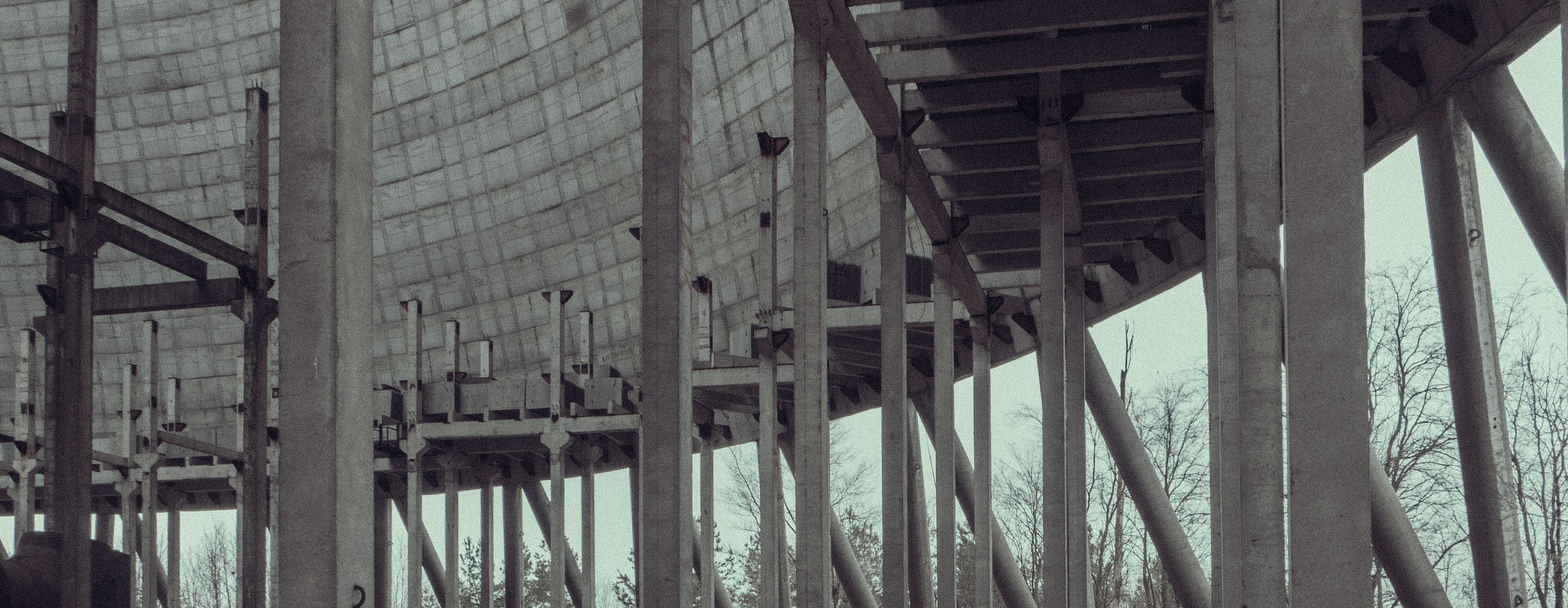
"The volumes are colossal...": Greenpeace on business responsibility for waste law
The law on implementation of responsibility of industrial enterprises for liquidation of accumulated environmental damage, which will come into force on September 1, 2022, deals with huge volumes of waste. Read about why it became necessary to regulate this sphere and how unscrupulous industrialists forced Greenpeace Russia to cooperate with the Russian Chamber of Commerce and Industry in the article "Made in Russia".
Ivan Blokov, Director for Programs, Research and Expertise of Greenpeace Russia, commenting on the law, emphasized that attention to the responsibility of businesses for environmental damage and the garbage they produce is extremely important.
"Two years ago we published a report on accumulated environmental damage and how companies get rid of this environmental damage and find ways to transfer it to the state. Sometimes this is due to actual bankruptcy, but I don't rule out that in many cases it was done deliberately: the company was split into two parts and one part was written off as waste. Then one part would safely disappear, and the waste would be liquidated at the taxpayers' expense," said Blokov.
According to him, we are talking about colossal volumes. "Over two years, more than 300 million tons of waste has gone to the state account. Plus, this does not include enterprise workshops, and in many cases they are also waste. This is a very timely and necessary law, but let's see what went into it. I have not seen the latest version of the law, unfortunately," he said.
Blokov noted that the original proposals were formulated by Greenpeace Russia together with the Chamber of Commerce and Industry.
"Imagine such a combination - Greenpeace together with the Chamber of Commerce and Industry. The only case in our entire history in Russia. We presumed that there would be a mechanism for ensuring this liquidation, which would make it possible to ensure that when the enterprise disappeared, the waste would not remain orphaned. It could be a fund, bank or other guarantees, but to have a mechanism..." - he said.
"And this mechanism should not be fixed at some point 'later', but from the moment when the waste or other damage that needs to be eliminated began," Blokov added.
THE PURSUIT OF THE IDEAL - ZERO-WASTE PRODUCTION
At the same time, the expert stressed that in the ideal scenario it is necessary to make sure that no waste is produced, because technologically any production may be transformed to non-waste production.
But this requires creation of conditions for enterprises, said Blokov. "If we want enterprises to achieve this on their own, and this is a normal situation, this is what happens in a number of countries in Western Europe, we need to have effective economic regulation. It is always better not to punish, but economically stimulate," he concluded.
Earlier it became known that the government prepared a draft law on the implementation of the responsibility of industrial enterprises for the liquidation of accumulated environmental damage. According to Deputy Prime Minister Victoria Abramchenko, the amendments are aimed at eliminating the consequences of the negative impact on the environment from the operation of the most hazardous production facilities.
Owners of industrial facilities five years prior to the end of the operation are required to develop a plan to eliminate the negative consequences of the enterprise. Entrepreneurs either decommission the facility or reconstruct it and extend its service life.
Made in Russia / Made in Russia
Author: Maria Buzanakova